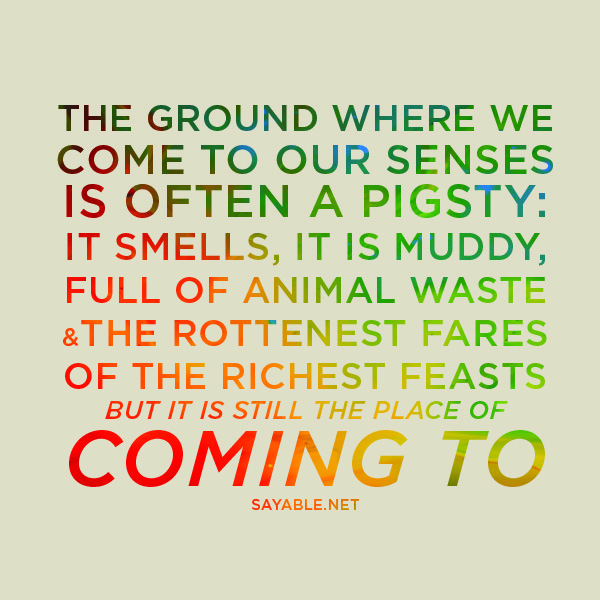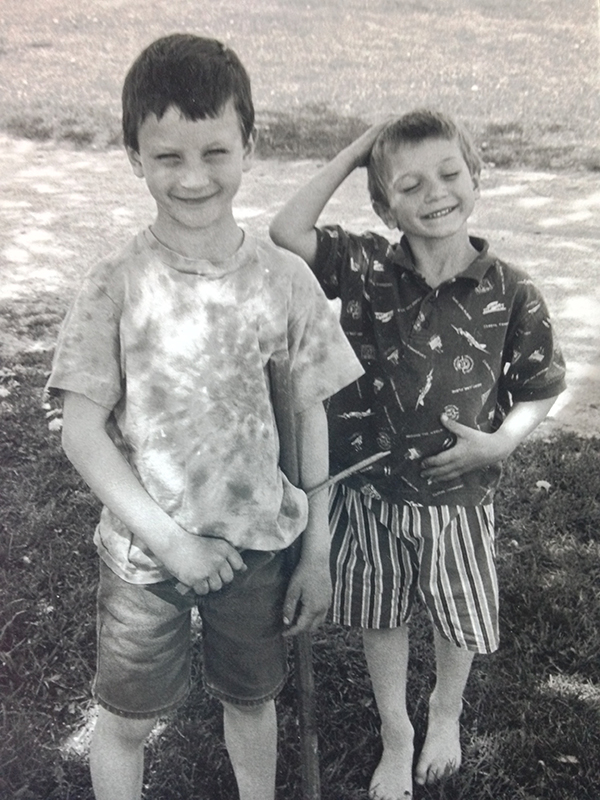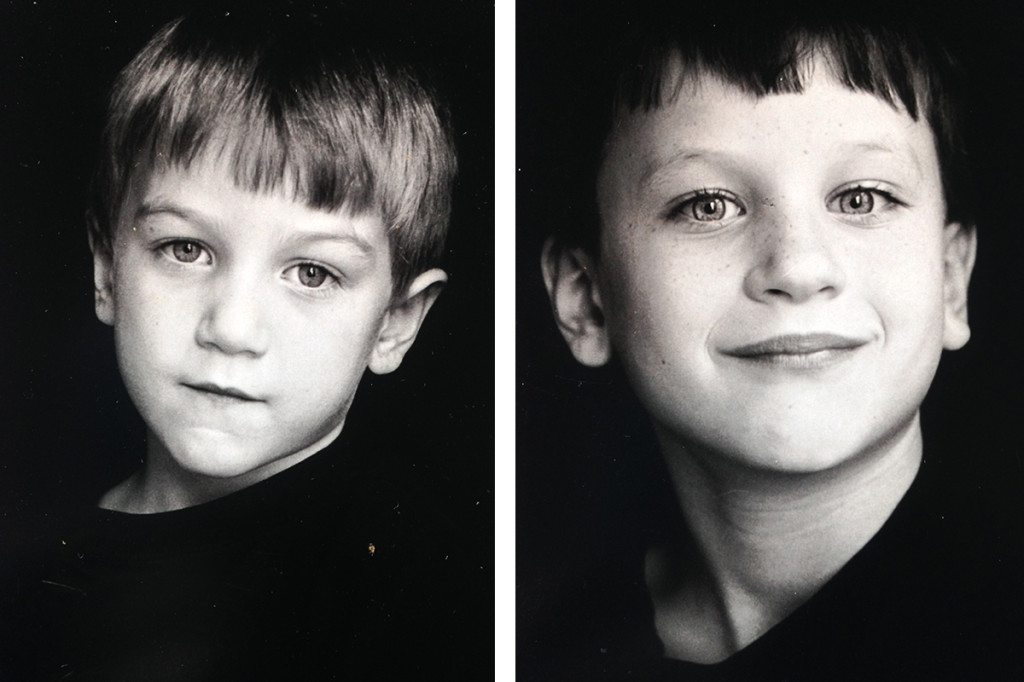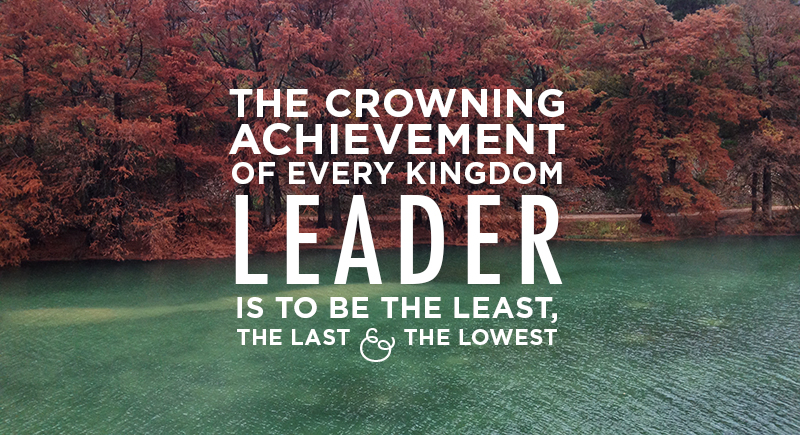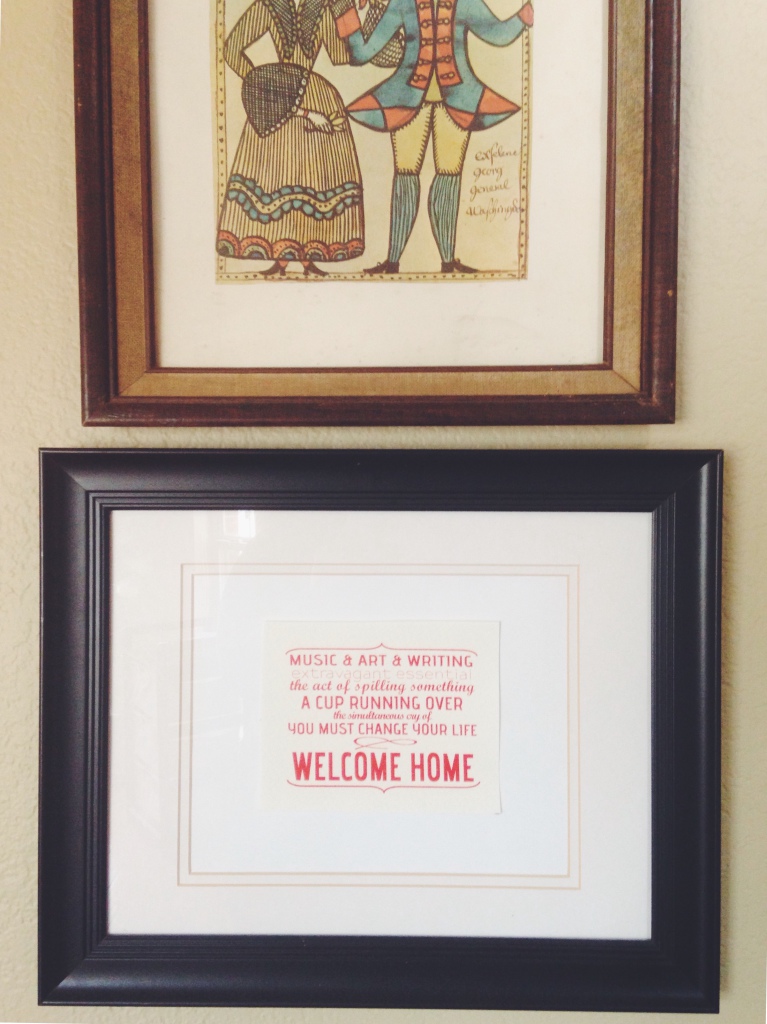Children of Divorce, Bride of Christ
 When I was 13 years old my parents had the sort of fight where you run for cover. I don't remember anything about it except that I fearfully went to one parent the next morning asking if they were going to get divorced. They promised me they were not.
When I was 13 years old my parents had the sort of fight where you run for cover. I don't remember anything about it except that I fearfully went to one parent the next morning asking if they were going to get divorced. They promised me they were not.
Ten springs later I was living in Guatemala and the words, "The divorce is finalized," came over the phone from one of my parents. I dissolved in tears when I hung up the phone, set my face like steel, resolved to never make a promise I couldn't keep—to a husband or to my children.
It is now ten years from then and I hope I have a bit more perspective, and empathy, toward both of my parents. Divorce wasn't their first choice—and it hasn't been their last. Even today they are facing off in court again—divorce is rarely in the best interest of everyone, but we only count by ones when we shatter, each shard collected, regarded, and disposed.
. . . . . . . . . . . . . . . .
Every time I want to speak about divorce I hesitate for a few reasons, one is that I have no idea of the complexities of marriage. I have a better idea today than I did last year, but even the complexities of my broken relationship cannot compare to the one flesh union between two flesh entities.
Another reason I hesitate is because this is a deeply personal issue. The complexities of one couple's marriage cannot compare to the complexities of another couple's. There are histories, stories, theologies, broken and beautiful things coming together in a grand clash of a lifetime together. There is no easy way to navigate these things. How could one person speak with any sort of authority on these matters?
I shared a bit of my story there to extend an olive branch to those who think I could not understand the complexities of marriage. While it is true that I could not understand it for myself, I can understand it deeply and profoundly as the adult child of divorce—and one who has watched my siblings respond in different and distinct ways. Are we the story of everyman? No. But neither are each of our stories, as siblings, the same. We each experienced divorce, brokenness, abandonment, abuse, fear, hurt, betrayal, death, disappointment in different ways. I only have my side of things, my story.
Beneath the deeply layered stories of divorce, there are true things about marriage, and what makes the gospel so profound is that it makes all the sad things come untrue. The world is broken and breaking, and afterward we are, as Hemingway said, strong at the broken places.
. . . . . . . . . . . . . . . .
One of the great weaknesses in our world today, even within the Church, is the brokenness of marriage, how it is fractured and divided and fracturing and dividing. But at the crux of that brokenness, we are strong in that place because the great metaphor of Christ's love for us is marriage. From the very first glimpse of his bride, the first Adam loved her, and the second Adam has done no less.
When we understand the sanctity and holy depth of what marriage is to God, we understand this fractured piecemeal one-flesh difficult thing is simply a broken reflection—and cannot give us the whole picture of Christ's love for His bride.
That comforts me today because I am the child of divorce and I am the child of broken promises and I am the breaker of promises—but none of that touches the deepest reality of what marriage means to Christ. He doesn't break His promises; He never leaves His bride; His plan has always been to take what is battered, bruised, soiled, and spotted, and to present her perfect, without blemish.
There are many miraculous metaphors for life in Christ, dead men brought to life, lame men walking, but none so profound, I think, as the miracle of taking what is broken and making it wholly whole.
If your marriage is buckling under the weight of life and all its complexities today, if you have broken promises to your children and your spouse, if you are the child of divorce and fear marriage (as I do), never forget that if you are His child, He is taking what is broken and making it whole. Today, right now, He is refining and cleansing.
Let these words comfort you today:
...As Christ loved the church and gave himself up for her, that he might sanctify her, having cleansed her by the washing of water with the word, so that he might present the church to himself in splendor, without spot or wrinkle or any such thing, that she might be holy and without blemish. Ephesians 5:27

